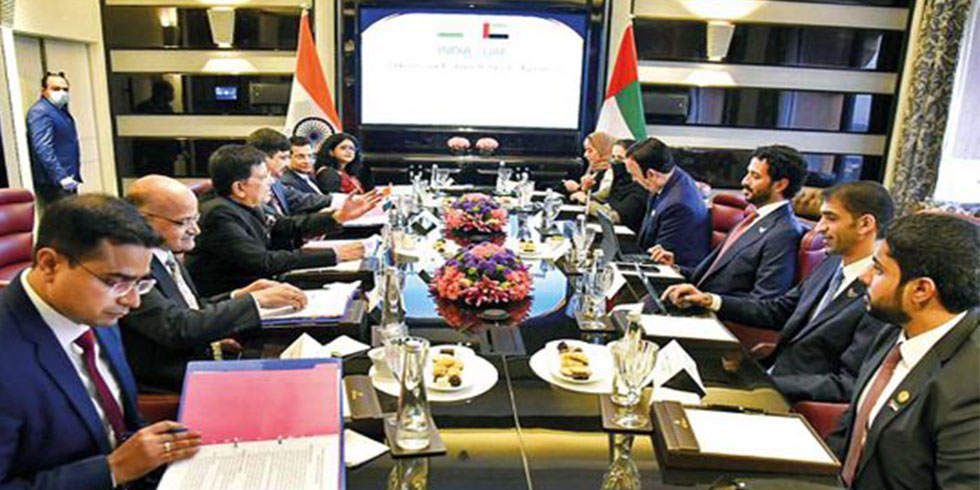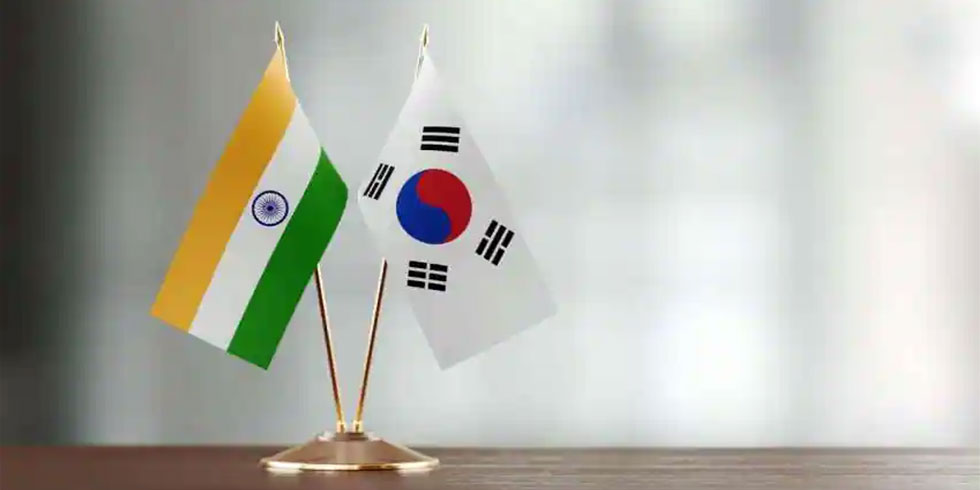India's South Asian neighbours are looking for ways to absorb the impact of the goods and services tax (GST) the country adopted from 1 July. The new tax regime subsumes key taxes levied by the central and state governments, unifying the whole country as single common market.
The major impact for the neighbouring countries is the increase in trasportation cost. Third-country imports through India are going to get costlier as tax rate for transportation through railways, roads and waterways has been increased, though there can be exceptions in some cases.
The South Asian Free Trade Agreement (SAFTA) of 2004 may come to the rescue of these countries. There will still be repercussions across the region as India is the largest trading partner of most countries in the region, including Pakistan.
Though SAFTA stipulates that "traffic in transit shall be exempt from customs duty and from all transit duties or other charges imposed in respect of transit", the clause that “there shall be reasonable charges for transportation and other services rendered for the supervision of such transit" is likely to have an impact on these countries.
Bangladesh
"GST will definitely affect us," Bangladeshi commerce secretary Subhasis Bose told Firstpost in a telephonic interview. Bose sees new higher GST rates pushing up prices of certain items in his country.
Although, there are a few import items from Bangladesh that enjoy duty-free status, the introduction of GST may change it for some of them. Any such development is likely to force the manufacturers to pass on the cost increase to the consumers. This would mean tighter competition for the manufacturer with the Indian producers.
Nepal
Nepal is equally worried about transit of goods and has requested the Indian government not to increase railways, roads and waterways service charges on goods bound for Nepal. India has sought for a detailed report on the GST’s impact on Nepal.
“GST should not undermine the spirit of the trade and transit treaty," said Hari Prasad Odari, Nepalese ambassador to India, adding if the issue is not discussed, it is likely to immensely affect traders in that country. Odari says they are looking at resolving the issue at the earliest.
Earlier, India had done away with a 4.5 percent service tax on imports from that country after the Nepalese government raised objections that it violates the provision of trade and transit treaty.
Bhutan
The Bhutanese economy is closely linked to India’s and the the Bhutan’s Chamber for Commerce and Industry is keeping a close watch on the developments here.
However, the country is likely to benefit more than any other in the region, as imports get cheaper and industries like ferro silicon can take advantage as raw materials are mostly procured from India.
Operational costs like warehouse and transportation are likely to come down owing to smooth flow of goods, easier compliance and taxes. The excise duty refunds received by the Bhutanese government is, however, likely to decrease as most of the goods will now be outside the purview of excise.
Bhutan can save more Indian currency should price of commodities fall after GST. “When Indian traders sell at cheaper rates they avail less India rupees from the banks through real time gross settlement,” says Naman Sidharth, senior consultant at ImsTaxoService. This will help Bhutan spend less the Indian rupee.
However, the Bhutanese cement industry, which source most of its raw materials from within that country and has its biggest export market in India, is anxious as now the cost of producing cement in India would go down post-GST, making the already tough competition even tougher.
Maldives
Maldives, however, told Firstpost that the implementation of GST in India is not going to effect the country.
“It is not going to affect Maldives import or export but it will affect Maldivians who visit India as tourists, students and for medical treatments,” says the director of Maldives inland revenue, Mohamed Shahid.
“But we would still like to wait and watch, how will the impact be,” he added.
Pakistan
Meanwhile, Pakistani traders are likely to benefit from the GST rollout in India, according to a report in The Indian Express. This is because as tax evasion in India comes down, they will get a level playing field here.
"Earlier, we would import goods from Pakistan, which are also available in India. Local traders would reduce their cost by not paying taxes according to rules," trader Rajdeep Uppal has been quoted as saying in the report.
According to the report, cement from Pakistan is likely to become cheaper here while dry fruits may become costlier.
However, these are only speculations. It would take weeks or even months for the neighbouring countries to fully comprehend the the real effects of India's GST.















Add Comment